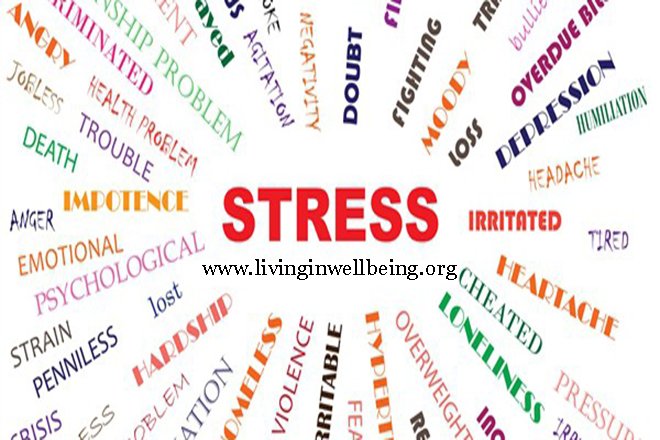
Stress is a part of life. We all have our own shares of stress and stressors regardless of our occupation, age or gender.Although there's really not one exact perfect definition of stress, I would like to go with Merriam-Webster’s definition which states that "Stress is a constraining force or influence as a physical, chemical, or emotional factor that causes bodily or mental tension and may be a factor in disease causation.†Indeed, stress does not only affect one part of our being, it affects every part of our lives--mental, emotional and physical aspects.
When stress is not handled properly, it may contribute to the development of a wide array of emotional, mental and physical health problems. Thus, to help you better live with stress, I would like to share with you a few anti-stress tips that I personally use to deal with stress.
1. First of all, you have to accept your current situation. Acknowledge that you are stressed and admit that you fatigued, stressed, overwhelmed and worn out. This seems elementary, but a lot of stress conditions proliferate because we keep denying the fact that we are stressed out. Only when you are able to say "I am really stressed" will you be able to take a step towards finding a solution for your stress problem.
2. Try to avoid stresssing out over irrelevant things. The word here is unnecessary. There are stressors you can and should avoid while there are also those that you should deal with and resolve. But if you evaluate things carefully, you will see that a lot of the stress in your life can be avoided or even removed--like the stress that comes from work and being around people you don't like. If someone consistently causes stress in your life and you can’t turn the relationship around, limit the amount of time you spend with that person or end the relationship entirely. In terms of work, know your limits and stick to them. Refuse to accept more duties than you can handle.
3. Always have a positive attitude. A person's general well-being is great affected by his or her attitude in life. Maintain a positive attitude despite being subjected to stress. Being positive doesn't mean disregarding life's unpleasant situations. Positive thinking just means that you take on obstacles and setbacks productively and positively. When facing major challenges, try to look at them as opportunities for personal growth. Learn from each mistake and benchmark every success.
4. Adopt an active lifestyle. Physical activity helps in reducing stress levels. It diverts your mind from the things that are causing you to feel stressed and serves as a channel to release tension and other negative emotions.
5. Get enough sleep. Sleep serves as a fuel for mental and physical functions. Without adequate rest and sleep, fatigue will get the best of you and your stress levels will rise as you won't be effective in facing the challenges in life. So give your body the right amount of sleep. In fact, it would be great if you can extend your sleep from time to time.












